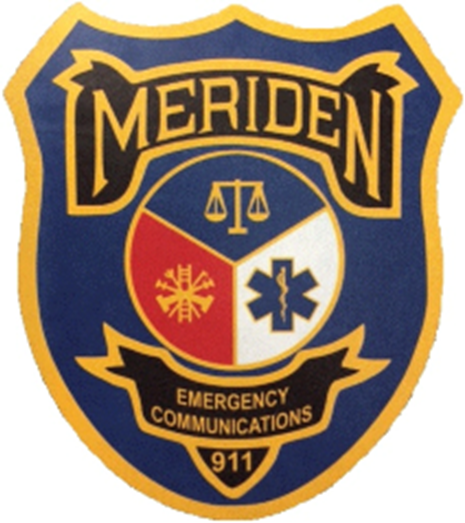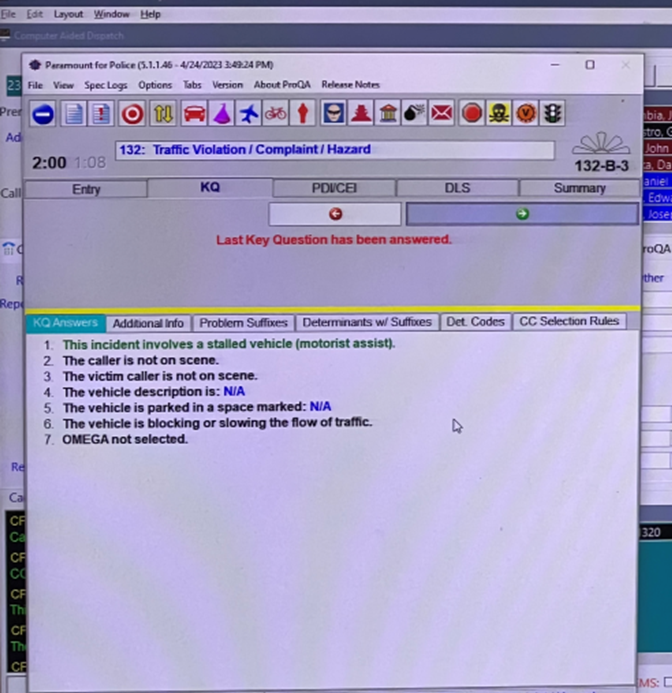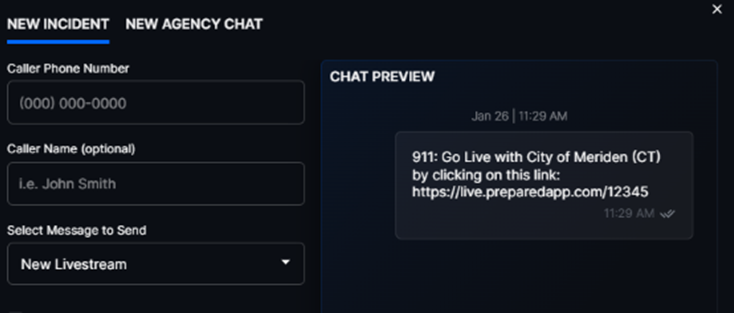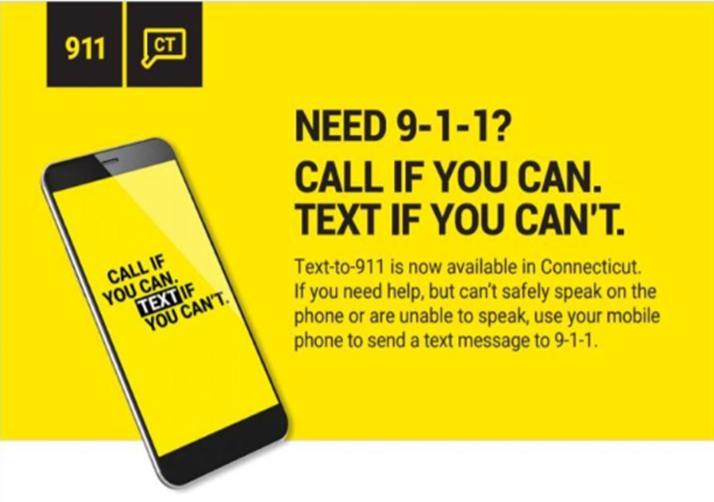Emergency Communications

MERIDEN EMERGENCY COMMUNICATIONS
50 West Main St.
Meriden, CT 06451
(203) 238-1911
|
Welcome to the website of Meriden Emergency Communications, where public safety is our top priority. Every day, our team of highly trained and dedicated public safety dispatchers works tirelessly to ensure the well-being of our community.
MISSION STATEMENT The mission of the City of Meriden Department of Emergency Communications is to efficiently and compassionately answer the public’s call for emergency service response, perform accurate and timely call handling and priority dispatch services for the community we serve, and to support police, fire and EMS responders in accomplishing their mission.
LEARN MORE ABOUT OUR DEPARTMENT AND A FEW OF OUR MANY PROGRAMS
Click HERE to Download our Facts About 911 Flyer!
|
|
|
PRIORITY DISPATCH SYSTEM With these cutting-edge international protocols, our dispatchers have equipped themselves with an even higher level of expertise and efficiency in handling emergency calls. We understand the importance of every second when it comes to emergency situations, and that's why we have invested in this innovative approach. By following these international protocols, we can ensure that every call is handled with the utmost care, precision, and professionalism |
|
|
PREPARED LIVE Prepared Live enables citizens to use their personal technology to improve the 911 process. When you call 911 from your mobile device, you are able to share live video, photo, and GPS location with emergency personnel. You are also able to text with the 911 dispatcher, so even if you can't speak, you can communicate. |
|
|
TEXT TO 911 Text to 911 provides residents with the ability to send a text message to 911 from a handheld device in emergency situations when it is either unsafe or they are unable to place a voice call. However, voice calls to 911 remain the best and fastest way to contact emergency services whenever it is feasible to do so. Text to 911 is only intended to be used when absolutely necessary or needed. |
|
|
CT ALERT The CT Alert Emergency Notification System enables the state and local 911 emergency communication centers to provide essential information quickly in a variety of emergency situations. To learn more or to opt in visit www.ctalert.gov.
|
|
CONTACTING OUR DEPARTMENT To report an emergency, call 911 To report a non-emergency or for routine information, call (203) 238-1911
|
|
ADMINISTRATIVE OFFICES
David A. Boyce, ENP—Director of Emergency Communications (203) 630-6266 dboyce@meridenct.gov
N’koy Moore—Assistant Director of Emergency Communications (203) 630-6269 nmoore@meridenct.gov
Email Both Administrators Simultaneously 911@meridenct.gov
|
Meet the Director
|
|
David A. Boyce is the Director of Emergency Communications for the City of Meriden. With over 25 years of experience in Emergency Communications, David brings a wealth of knowledge and expertise to his role. He has a strong background in training, quality assurance, and management. For 25 years, David is has been a certified emergency medical technician and he has been an American Heart Association CPR instructor for 17 years. In addition, he is a justice of the peace and a notary public. David's dedication to public safety extends beyond his professional role, as he has volunteered with fire and emergency medical services and served as an Auxiliary Police Officer. He is a member of prestigious industry associations such as NENA (National Emergency Number Association), APCO (Association of Public Safety Communications Officials), MECCA (Managers of Emergency Communications Centers Association and IAED (International Academies of Emergency Dispatch). David also holds the esteemed certification of Emergency Number Professional (ENP). With his broad-based competence and commitment to excellence, David ensures that Meriden's Emergency Communications Department provides services that are of the highest standard. |
|
Some useful numbers: |
|
Director of Emergency Communications (203) 630-6266
Police routine numbers (listen to the menu for your dept.) (203) 238-1911
Police officer for report taking incidents after the fact (203) 630-6345
Records Department (203) 630-6237
Abandoned Vehicle Complaints (203) 630-6201
Detective Supervisor (203) 630-6272
Fire Department Administration (203) 630-5868
Fire Marshall Office (203) 630-4010
Child Seat Information Sgt. Zajac (203) 630-6215
Crime Suppression Unit (203) 630-6281
Animal Control Officer (203) 235-4179





